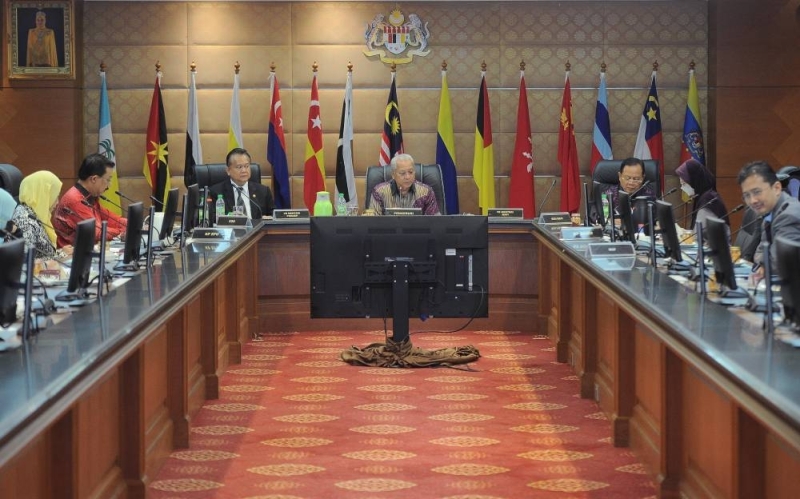On September 19, 2023, the Malaysian government took a significant step by permitting private hospitals to recruit nurses, barbers, and textile workers in response to the acute shortage of skilled healthcare professionals in the country.
Challenges in the Healthcare Sector
The scarcity of nurses in both public and private healthcare facilities has severely hampered healthcare services in Malaysia. Malaysia’s Health Minister, Zaliha Mustafa, stated that the situation demanded immediate attention and action.
To tackle this problem, Malaysia revised the eligibility criteria for foreign-trained nurses seeking employment in private hospitals. The criteria laid out in the “Criteria for Employment of Foreign Trained Nurses in Malaysia 2018” have been temporarily relaxed.
Foreign-trained nurses typically have to undergo examinations administered by the Malaysian Nursing Board. They must also meet the terms and conditions set by the Ministry of Home Affairs, including considerations related to salary and contract duration.
Temporary Recruitment Period
The recruitment of foreign nurses will be valid for a specific period, from October 1, 2023, to September 30, 2024. Contract extensions of up to 12 months will be permissible, subject to approval of the Temporary Practice Certificate for foreign nurses.
Additionally, a stipulation has been set that foreign nurses in each private healthcare facility in Malaysia cannot surpass 40 percent of the total nursing staff.
To address the ongoing shortage of nursing staff, the Malaysian Ministry of Health plans to periodically conduct recruitment drives for Diploma in Nursing graduates from both public and private universities in 2024 and 2025.
Opening Opportunities in Other Fields
In a separate development, the Malaysian Minister of Human Resources, V Sivakumar, announced that the country is now allowing foreign workers to engage in occupations such as barbering, textile labor, and goldsmithing.
Prime Minister Anwar Ibrahim made the decision to reopen job opportunities for foreign workers in these three fields after a moratorium that had been in place since 2009.
Malaysia has allocated a quota of 7,500 foreign workers for these industries. According to Sivakumar, this step aims to curb the practice of employing foreign nationals without valid work documents, which has the potential to lead to exploitation and forced labor.
Conclusion: Addressing Labor Shortages
These policy changes reflect Malaysia’s proactive approach to addressing labor shortages in critical sectors, particularly healthcare and skilled trades.
By permitting private hospitals to temporarily hire foreign nurses and reopening job opportunities in fields like barbering, textile labor, and goldsmithing, the government aims to both enhance healthcare services and regulate the employment of foreign workers to prevent exploitation.
These measures represent Malaysia’s commitment to maintaining a balanced and sustainable labor market while ensuring the well-being of its citizens.



